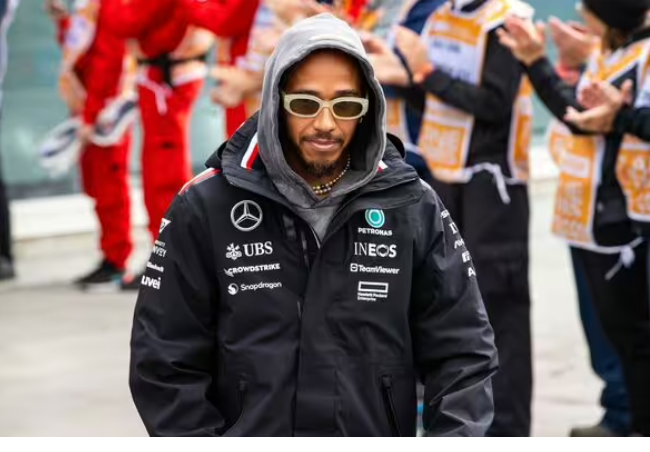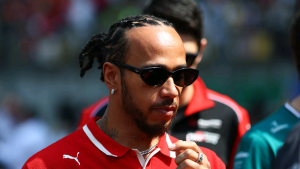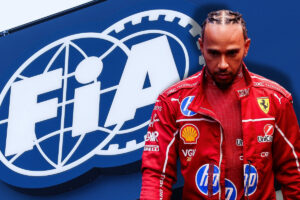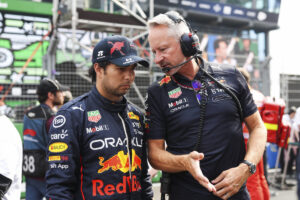Breaking news:Lewis Hamilton demands change of conditions to grant FIA… Read more

Lewis Hamilton demands change of conditions to grant FIA super licence
Lewis Hamilton has called for changes to the FIA’s super license regulations, suggesting that aspiring open-wheel racers should be required to complete their education before being eligible to compete in Formula 1. His comments reflect growing concerns about the well-being and future prospects of young drivers entering the sport.
The super license system was implemented in 2016 in response to the contentious promotion of Max Verstappen to Formula 1 at just 17 years old. Verstappen’s entry into the sport was controversial due to his age and the fact that he had not yet obtained a road driving license. While his driving skills were impressive, a series of high-profile incidents raised alarms about whether such a young driver should be on the grid. The FIA’s introduction of the super license aimed to establish more rigorous criteria for young drivers.
Under the current super license rules, drivers must be at least 18 years old, possess a valid road driving license, and accumulate 40 points over three years from recognized racing series. Although these regulations were designed to improve safety and ensure that drivers are adequately prepared, they remain a contentious topic within the motorsport community.
Hamilton recently expressed his concerns regarding the education of young racers, highlighting that many children involved in karting are no longer attending school. He stated, “That can’t be good for the future,” emphasizing the importance of education alongside racing. Hamilton proposed that the super license should include a stipulation that young drivers must remain in school and complete their education. He noted that over 99% of drivers never make it to Formula 1, underscoring the need for young racers to have alternative career paths should their racing aspirations not materialize.
The issue of education in motorsport is not just limited to Hamilton’s perspective. Former Marussia F1 driver and current IndyCar competitor Alexander Rossi has also criticized the super license system. He voiced his discontent after the FIA modified the rules earlier this year, permitting 17-year-olds to participate in F1 if they can demonstrate “outstanding ability and maturity” in single-seater racing. This adjustment was aimed specifically at facilitating the entry of promising young talents into the sport.
One notable case was that of Kimi Antonelli, a rising star who was positioned to step into Formula 1 before his 18th birthday in August. The FIA’s revised rules allowed this possibility, but in the end, Williams decided to go with their junior driver Franco Colapinto instead of Antonelli, illustrating the unpredictability of driver promotions in Formula 1.
Hamilton’s advocacy for educational requirements in the super license framework brings to light the broader issue of athlete welfare and the responsibility of governing bodies in ensuring that young talent is not only nurtured in their sport but also prepared for life beyond racing. The concern is that the high-pressure environment of motorsport can lead to a singular focus on racing, potentially jeopardizing a young driver’s future if their racing career does not succeed.
As discussions around these regulatory changes continue, the conversation about the balance between competitive edge and personal development remains crucial. Hamilton’s suggestions could pave the way for a more holistic approach to training young drivers, ensuring that while they pursue their racing dreams, they are also equipped with the skills and knowledge necessary to thrive in life after motorsport.
In conclusion, Hamilton’s call for reforms to the super license system highlights the importance of integrating education into the development of young racers. By ensuring that these aspiring drivers have a strong academic foundation, the sport can help foster well-rounded individuals who are prepared for whatever their future may hold, whether in racing or beyond. As the motorsport community reflects on these issues, the potential for meaningful changes to the super license regulations may significantly impact the future landscape of Formula 1 and the drivers who aspire to compete at its highest level.








